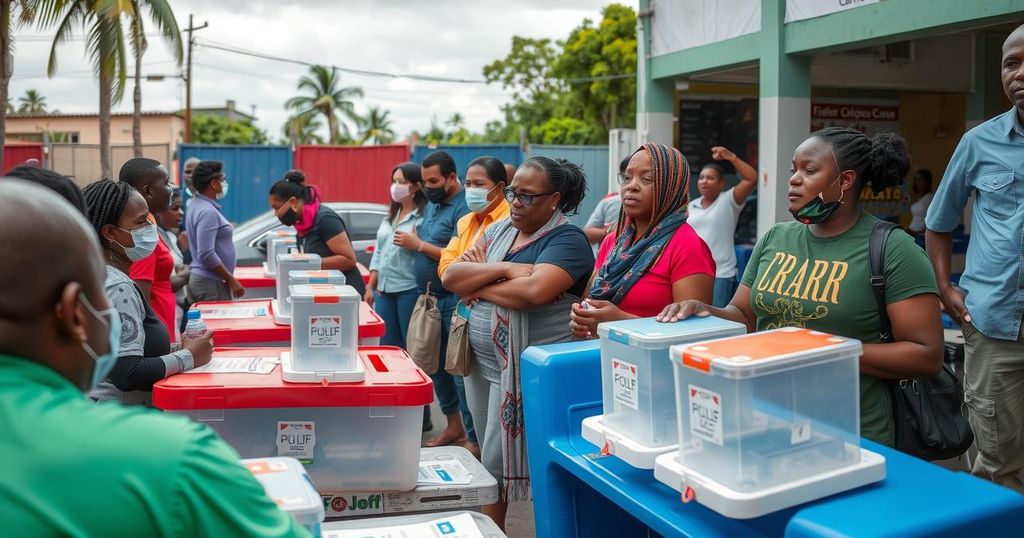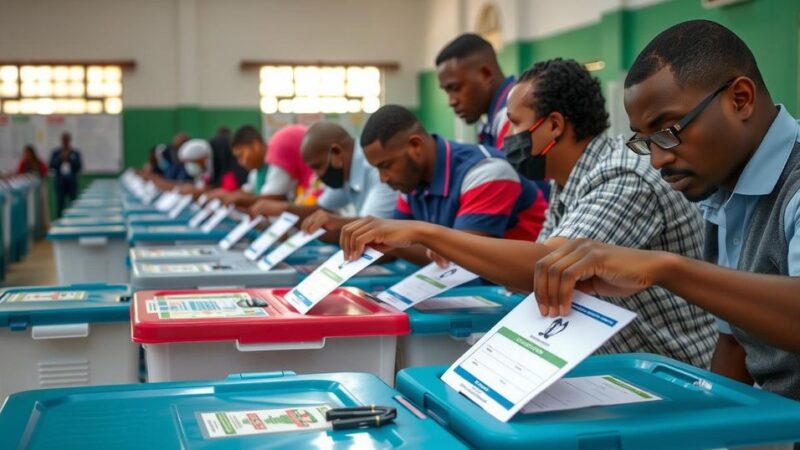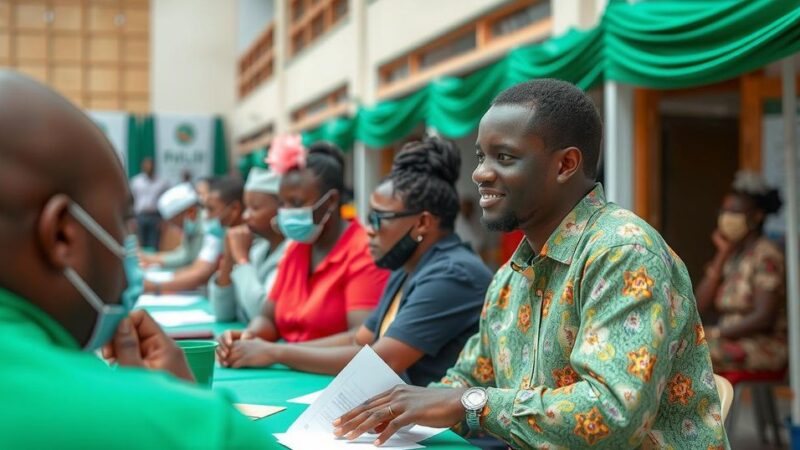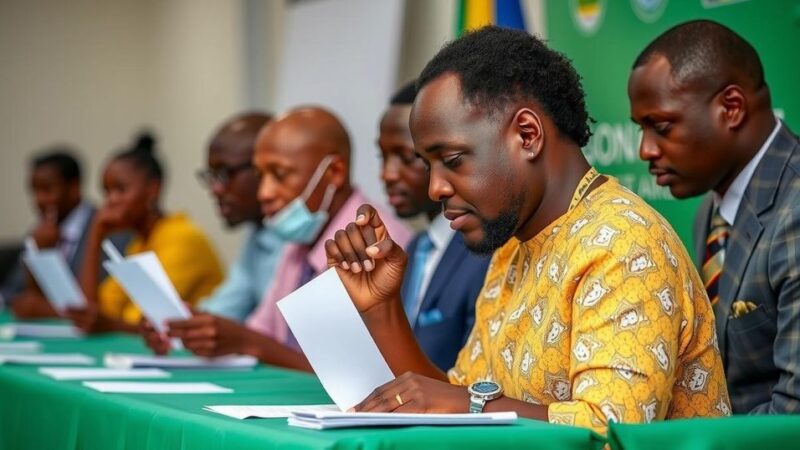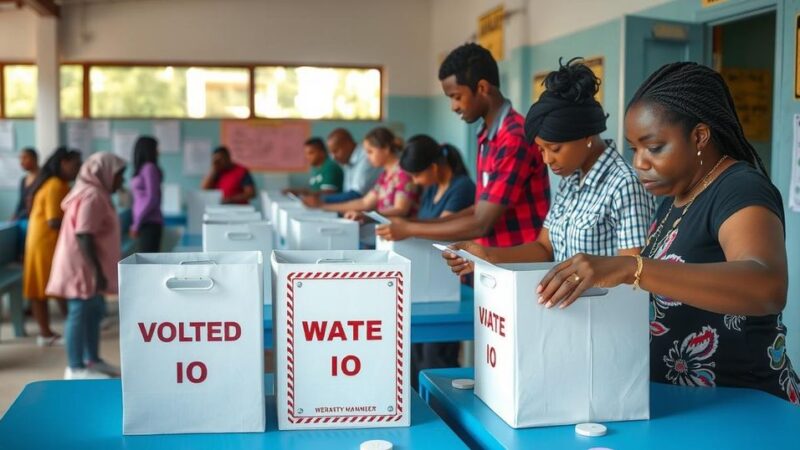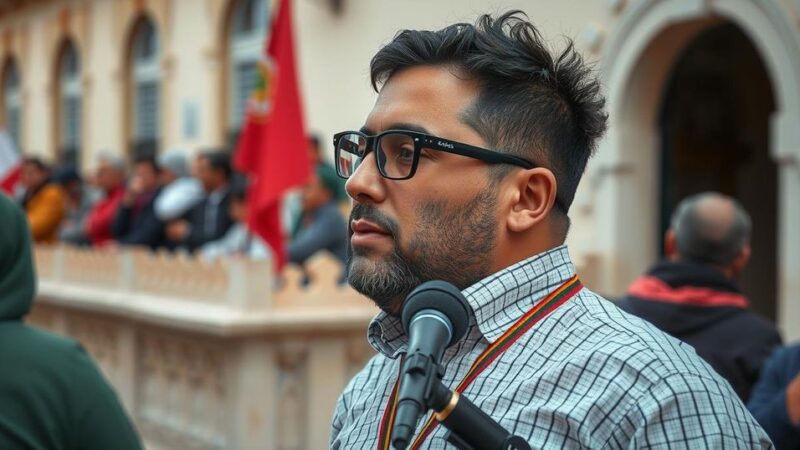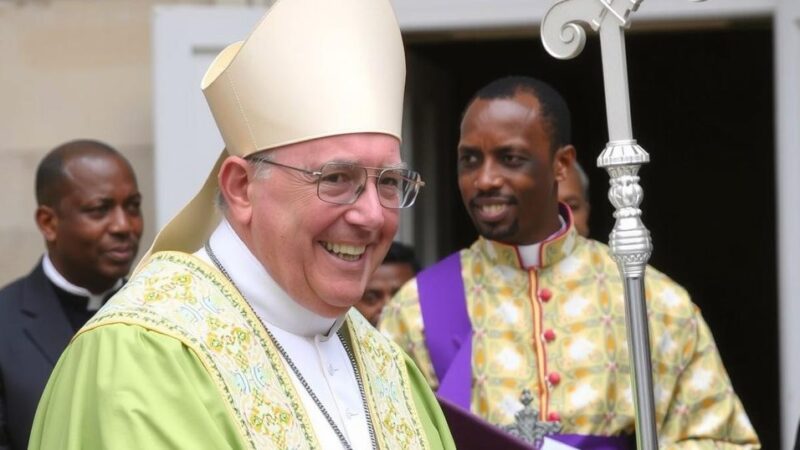Voters in Comoros are casting their ballots for a 33-seat parliament as they navigate a politically charged environment following President Azali Assoumani’s contested re-election last year. Amidst allegations of authoritarianism and succession plans for his son, opposition calls for boycott contrast with participation. The election outcome is eagerly awaited, with results due by Friday.
Voters in Comoros are exercising their democratic rights as they head to the polls to select representatives for the archipelago’s 33-seat parliament. This election comes in the wake of President Azali Assoumani’s re-election last year, which the opposition has claimed was compromised by significant irregularities, a charge which government officials vehemently deny. Polling stations commenced operations early on Sunday with approximately 338,000 registered voters participating.
The most recent parliamentary elections took place in January 2020, and nearly 100 candidates have been approved by the Supreme Court to run in this election. Assoumani’s opponents accuse him of behaving authoritarian and speculate that he is grooming his eldest son, Nour El-Fath, for succession when his term concludes in 2029. President Assoumani has been in power since 1999 following a coup, and he has been elected through three subsequent elections. Recently, he conferred extensive authority upon his son, tasking him with the coordination of government activities.
Opposition groups, including the Juwa party, led by former President Ahmed Abdallah Sambi, who is currently serving a life sentence, have advocated for a boycott of the elections. Conversely, some factions within the opposition have opted to participate. Hamidou Karihila, a candidate representing the Hope of the Comoros party, stated, “The Azali regime is weakened … by participating in these elections we are contributing to further exposing the flaws in its system and accelerating its inevitable fall.” The results are anticipated to be announced by Friday.
The political landscape in Comoros has been fraught with tension and allegations of electoral irregularities, particularly concerning President Azali Assoumani’s administration. His primary opponents claim that his governance exhibits authoritarian characteristics and they express concerns regarding a potential dynastic succession involving his son. The dynamics of this election reflect a history of instability, having experienced previous parliamentary elections only in early 2020, and the electorate is navigating complex choices amidst divisive political sentiments.
The parliamentary elections in Comoros embody both a democratic process and a contentious political milieu, marked by allegations of manipulation and discontent within the opposition. While many voters are determined to participate, calls for boycotting from significant opposition figures illustrate the fragmented nature of the political scene. The outcomes of this election will prove crucial in determining the trajectory of governance in Comoros for the coming term.
Original Source: www.stawelltimes.com.au

